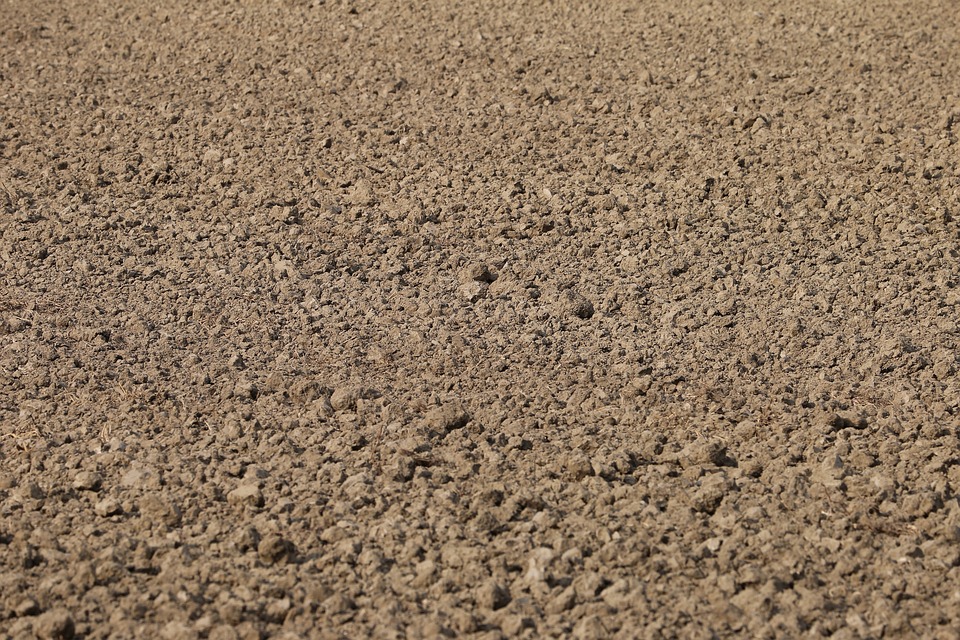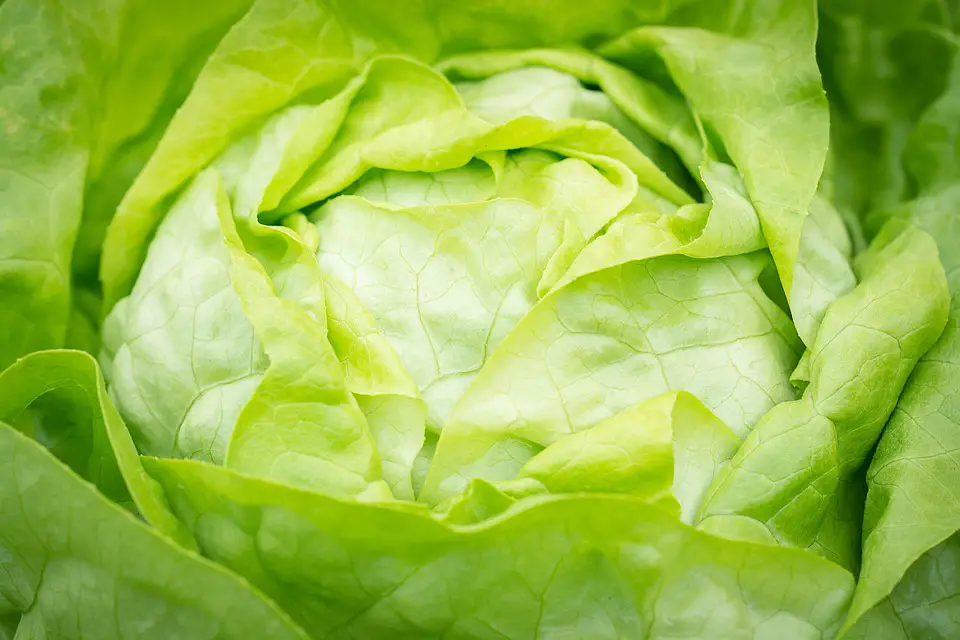Introduction
Good soil care is the key to a thriving garden. Whether you are new to gardening or have been tending to plants for years, understanding how to care for your soil is essential for healthy plant growth and bountiful harvests.
This article will provide you with expert advice on nurturing your garden’s lifeline, the soil.
The Importance of Soil Health
The soil is not just a medium for plants to grow in; it is a living ecosystem full of organisms that work together to provide essential nutrients and support for plants.
Healthy soil promotes good plant growth, aids in pest and disease resistance, and improves water absorption and retention.
By caring for your soil, you are ensuring the overall wellbeing of your garden.
Testing Your Soil
Before you begin any soil care routine, it is crucial to test your soil.
Soil testing helps determine its pH level, nutrient content, and composition.
You can purchase at-home soil testing kits or send a sample to a professional laboratory for more accurate results.
Testing your soil will give you a clear idea of its current state and guide your future care practices.
Amending the Soil
Based on the results of your soil test, you might need to amend your soil to create an optimal environment for your plants.
Organic matter, such as compost, is an excellent amendment choice as it improves soil structure, fertility, and drainage.
Other amendments like lime or sulfur can be used to adjust pH levels.
Additionally, adding mulch to the surface of the soil helps retain moisture, regulate temperature, and suppress weeds.
Proper Watering Techniques
Watering your plants efficiently is crucial for their health.
Overwatering can lead to root rot and diseases, while underwatering can cause stunted growth and plant stress.
The best way to determine when and how much to water is to check the moisture level of the soil regularly.
Stick your finger into the soil about an inch deep, and if it feels dry, it’s time to water.
It is better to water deeply less often than shallowly and frequently, as this encourages plants to develop deeper root systems.
Avoid Over-Working the Soil
While it’s essential to amend and care for your soil, it’s equally important not to over-work it.
Excessive tilling and digging can disrupt the soil structure, harm beneficial soil organisms, and contribute to erosion.
Aim to disturb the soil as little as possible, especially in established garden beds.
Instead, focus on adding organic matter to the top layer and allowing earthworms and other organisms to aerate and improve the soil naturally.
FAQs Section
Q: How often should I test my soil?
A: Ideally, soil testing should be done every two to three years.
However, if you notice any significant changes in plant health or growth, it is recommended to test your soil immediately to address any potential issues.
Q: Can I use chemical fertilizers instead of organic amendments?
A: While chemical fertilizers can provide quick nutrient boosts, they can also harm beneficial soil organisms and slowly degrade the soil over time.
Organic amendments are a better long-term solution as they improve soil health and promote sustainable gardening practices.
Q: Should I remove old mulch before adding new layers?
A: It is generally not necessary to remove old mulch before adding new layers.
Over time, the old mulch breaks down and contributes to the organic matter in the soil.
However, if you notice excessive weed growth or fungal diseases, it is wise to remove the old mulch and replace it with fresh material.
Q: Can I reuse potting soil from previous containers?
A: Yes, potting soil can be reused, but it should be amended with fresh compost and organic matter to replenish nutrients and improve its structure.
Be sure to remove any plant debris or roots, and avoid reusing soil that had diseased plants to prevent the spread of pathogens.
Q: How often should I water my plants?
A: The frequency of watering depends on various factors, including plant type, weather conditions, and soil moisture retention.
It is generally recommended to water deeply once or twice a week, rather than lightly every day.
However, always check the soil’s moisture level before watering to avoid over or under-watering.
Q: How can I prevent soil erosion in my garden?
A: To prevent soil erosion, consider planting groundcover plants, adding mulch, or creating retaining walls.
These methods help stabilize the soil, reduce water runoff, and protect it from the erosive forces of wind and rain.





